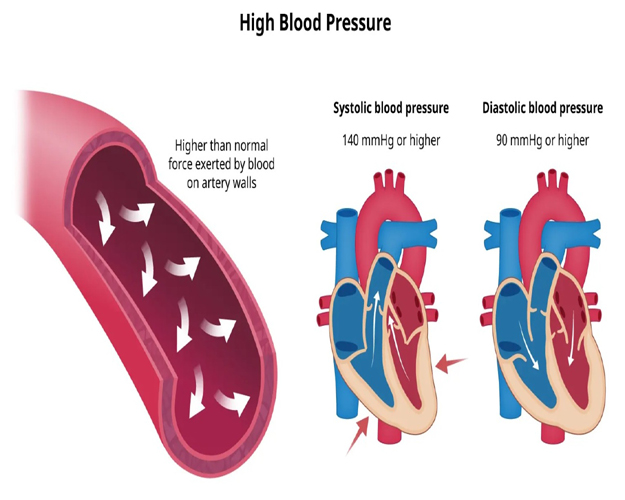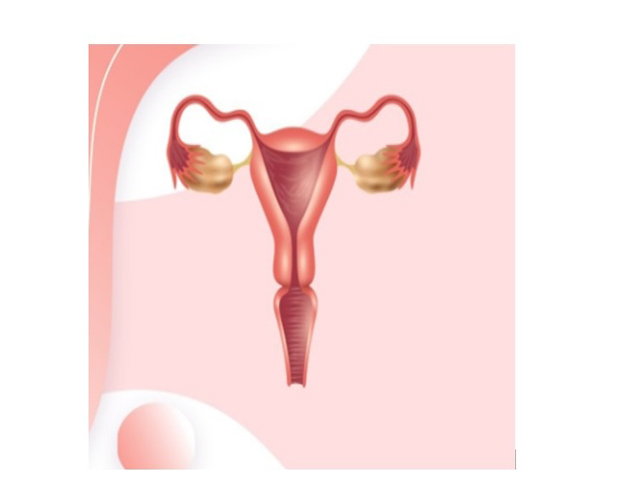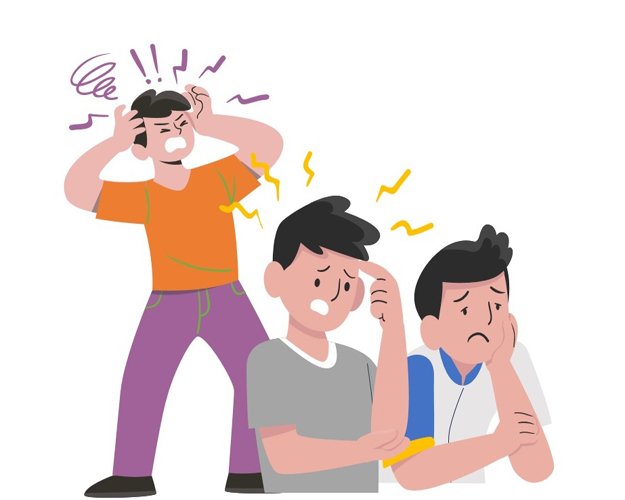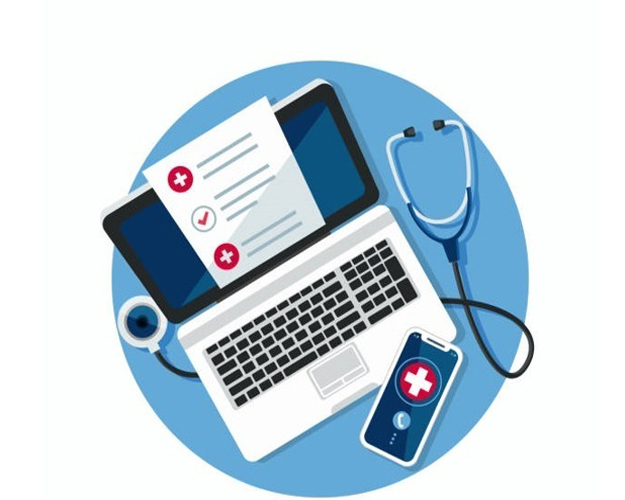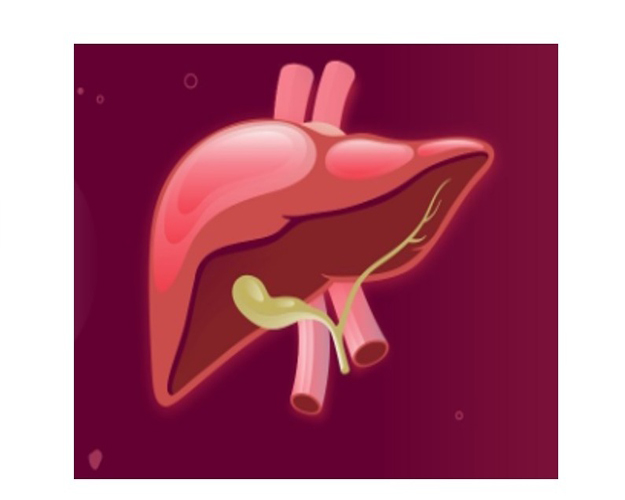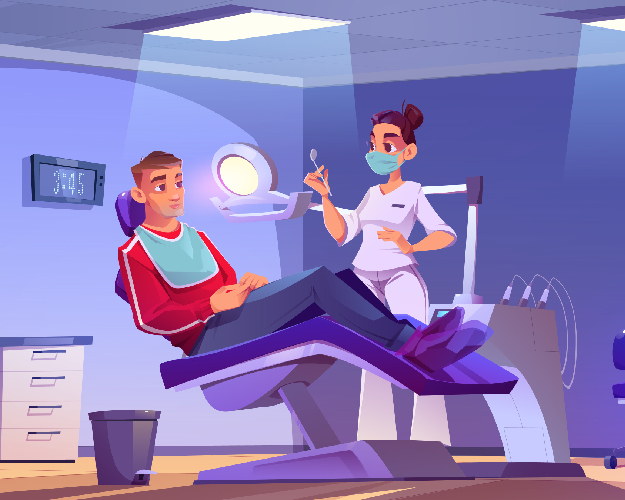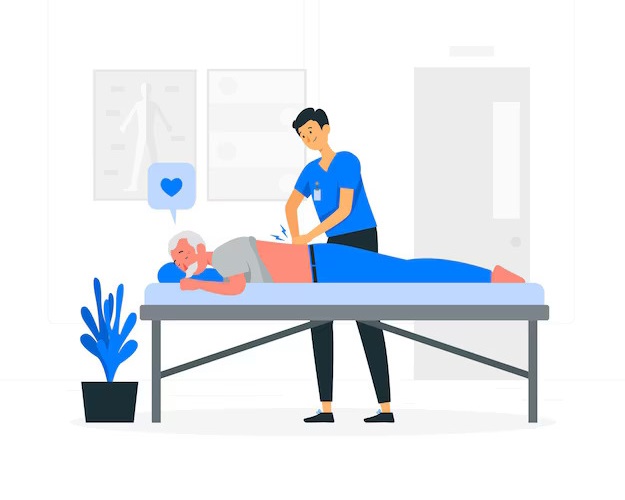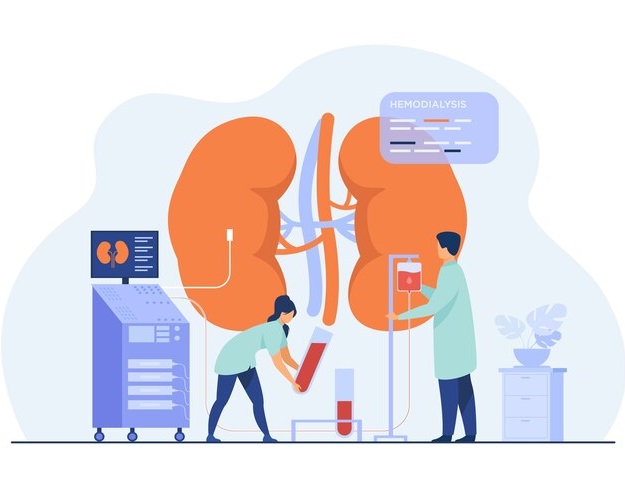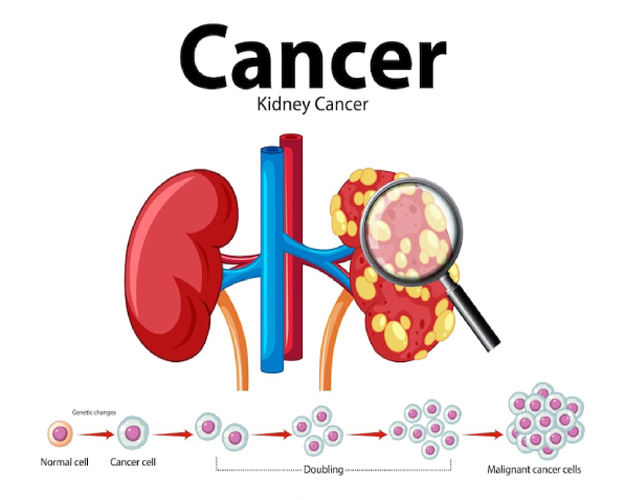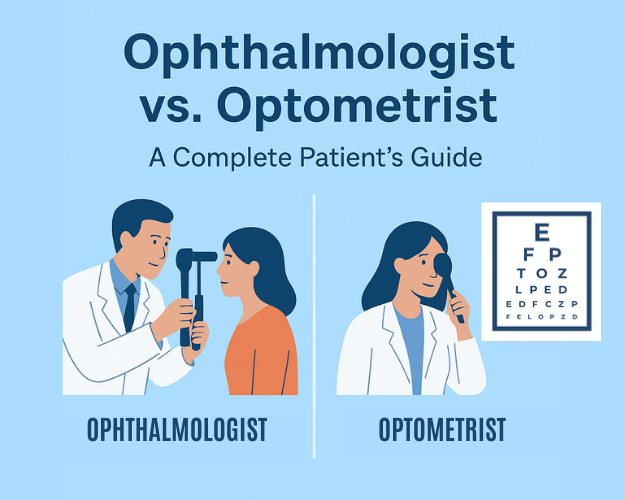
Understanding the Roles: Ophthalmologist vs. Optometrist—A Complete Patient’s Guide
Our eyes are one of the most important organs in our bodies. Good vision allows us to live, work, and experience life fully. But when it comes to taking care of our eyes, most people often get confused between an ophthalmologist and an optometrist. Both are eye specialists, but their training, responsibilities, and services differ.
This patient guide will break down their roles in a simple, easy-to-understand manner so that you never feel lost while choosing the right eye care professional. By the end, you’ll have a clear idea of who to consult, when, and for what type of eye problem.
Key Highlights
1. Who is an ophthalmologist?
2. What Does an Ophthalmologist Do?
3. Who is an optometrist?
4. What Does an Optometrist Do?
5. Ophthalmologist vs. Optometrist—Key Differences
6. When Should You Visit an Optometrist?
7. When Should You Visit an Ophthalmologist?
8. How Ophthalmologists and Optometrists Work Together
9. Common Eye Problems and Whom to Consult
10. Importance of Regular Eye Exams
11. Tips to Maintain Good Eye Health
12. Summary
13. FAQs
Who is an ophthalmologist?
An ophthalmologist is a medical doctor (MD or DO) who specialises in eye and vision care. They are trained not only to diagnose and treat all eye conditions but also to perform surgeries.
What Does an Ophthalmologist Do?
1. Perform comprehensive eye exams.
2. Diagnose and treat eye diseases like glaucoma, cataracts, diabetic retinopathy, and macular degeneration.
3. Conduct eye surgeries, such as cataract removal, LASIK, corneal transplants, and retinal surgeries.
4. Prescribe medications for infections, allergies, or chronic eye diseases.
5. Provide follow-up care after surgical or medical treatment.
Example:
If someone has blurred vision due to a cataract, only an ophthalmologist can perform the surgery to replace the cloudy lens with an artificial one.
Who is an optometrist?
An optometrist is a healthcare professional who provides primary vision care. They are not medical doctors but hold a Doctor of Optometry (OD) degree.
What Does an Optometrist Do?
1. Perform eye and vision tests.
2. Prescribe eyeglasses and contact lenses.
3. Detect vision problems such as nearsightedness, farsightedness, or astigmatism.
4. Screen for eye conditions like glaucoma, cataracts, or retinal disorders.
5. Provide vision therapy and low-vision rehabilitation.
6. Refer patients to ophthalmologists for surgical or complex treatments.
Example:
If you are struggling to read text on your phone or need new glasses, an optometrist is the right professional to visit first.
Ophthalmologist vs. Optometrist - Key Differences
|
Feature |
Ophthalmologist |
Optometrist |
|
Qualification |
Medical Doctor (MD/DO) |
Doctor of Optometry (OD) |
|
Education Duration |
8 - 12 years (MBBS + residency + fellowship) |
6 - 8 years (Bachelor’s + Optometry School) |
|
Scope of Practice |
Full eye care, including surgery |
Primary vision care, prescribing glasses/contact lenses |
|
Surgeries |
Can perform surgeries |
Cannot perform surgeries |
|
Medication Prescriptions |
Can prescribe all medications |
Limited prescribing rights (varies by country) |
|
Specialization |
Retina, Cornea, Glaucoma, Pediatric, etc. |
General vision correction |
|
When to Visit |
Serious eye diseases, injuries, and surgeries |
Routine eye exams, glasses, and mild eye issues |
When Should You Visit an Optometrist?
1. If you need regular eye checkups.
2. When your vision feels blurry and you suspect you need glasses or contact lenses.
3. For contact lens fitting and management.
4. If you have minor eye issues like dryness, redness, or strain.
5. For monitoring existing eye conditions before referral.
When Should You Visit an Ophthalmologist?
1. If you are diagnosed with a serious eye disease like glaucoma or diabetic retinopathy.
2. When you need eye surgery (cataract, LASIK, corneal transplant).
3. In case of eye injuries or sudden vision loss.
4. If you have chronic eye pain or severe infections.
5. For advanced treatment that cannot be managed by an optometrist.
How Ophthalmologists and Optometrists Work Together
Even though their roles differ, both work hand in hand to provide the best eye care.
1. Optometrists are usually the first point of contact for patients. They detect vision problems and basic eye conditions.
2. If a condition requires surgery or advanced treatment, the optometrist refers the patient to an ophthalmologist.
3. After surgery, the ophthalmologist may send the patient back to the optometrist for follow-up care and vision management.
This teamwork ensures that patients receive complete care, from diagnosis to treatment to rehabilitation.
Common Eye Problems and Whom to Consult
1. Refractive Errors (Myopia, Hyperopia, Astigmatism, Presbyopia) → Optometrist
2. Cataract → Ophthalmologist (for surgery)
3. Glaucoma → Ophthalmologist (treatment and monitoring)
4. Eye Allergies or Conjunctivitis → Optometrist or Ophthalmologist (depending on severity)
5. Diabetic Retinopathy → Ophthalmologist
6. Routine Eye Check-up → Optometrist
7. Sudden Loss of Vision → Ophthalmologist (emergency)
Importance of Regular Eye Exams
Many eye diseases are silent in the beginning, showing no symptoms until they have progressed. Regular checkups help in early detection, which can save vision.
1. Adults should have an eye exam every 1–2 years.
2. People with diabetes or high blood pressure should visit annually.
3. Children should have routine exams to detect vision issues early.
4. Seniors (60+) need more frequent monitoring for cataracts, glaucoma, or age-related macular degeneration.
Tips to Maintain Good Eye Health
1. Eat a diet rich in vitamins A, C, and E and omega-3 fatty acids.
2. Follow the 20-20-20 rule: every 20 minutes, look at something 20 feet away for 20 seconds.
3. Wear sunglasses to protect from harmful UV rays.
4. Avoid smoking, as it increases the risk of cataracts and macular degeneration.
5. Maintain good blood sugar and blood pressure levels.
6. Use protective eyewear when working with chemicals or sharp tools.
Summary
A full-body health checkup is not just a medical formality; it is a powerful tool that helps in detecting health problems early, preventing complications, and ensuring a longer, healthier life. Whether you are young, middle-aged, or a senior citizen, regular screenings play a crucial role in monitoring your overall well-being. In today’s fast-paced lifestyle, where stress, poor diet, and lack of physical activity have become common, such preventive checkups are more important than ever. This is where ITM City Clinic, Gwalior, stands out as a trusted healthcare partner. With its team of experienced doctors, advanced diagnostic facilities, and carefully designed health packages, the clinic makes preventive healthcare both accessible and affordable. The clinic’s patient-first approach ensures that every individual receives clear guidance, accurate reports, and personalised health advice. By choosing ITM City Clinic for your full body health checkups, you are not only investing in early detection but also in long-term wellness, peace of mind, and a healthier future.
FAQs
Q1. Can an optometrist perform eye surgery?
No, optometrists cannot perform surgeries. Only ophthalmologists are licensed to do so.
Q2. Do I need a referral to see an ophthalmologist?
In many cases, no. But often, an optometrist will refer you to one if needed.
Q3. Who prescribes glasses—ophthalmologists or optometrists?
Both can prescribe glasses, but optometrists usually handle routine vision correction.
Q4. Which doctor should I see for cataract surgery?
You should consult an ophthalmologist for cataract surgery.
Q5. Can children see optometrists?
Yes, optometrists regularly perform eye exams for children and can detect vision problems early.
Q6. How often should I get my eyes checked?
Adults: every 1–2 years, Children: every 1–2 years, Seniors: annually, Diabetics: annually.
Taking care of your eyes should be a priority. Understanding the difference between an ophthalmologist and an optometrist ensures you reach the right specialist at the right time. Regular checkups, a healthy lifestyle, and timely medical care are the keys to lifelong clear vision.
Thank you for reading our blog! For more such healthcare-related content, subscribe to our newsletter and never miss out on important updates about your health and well-being.

